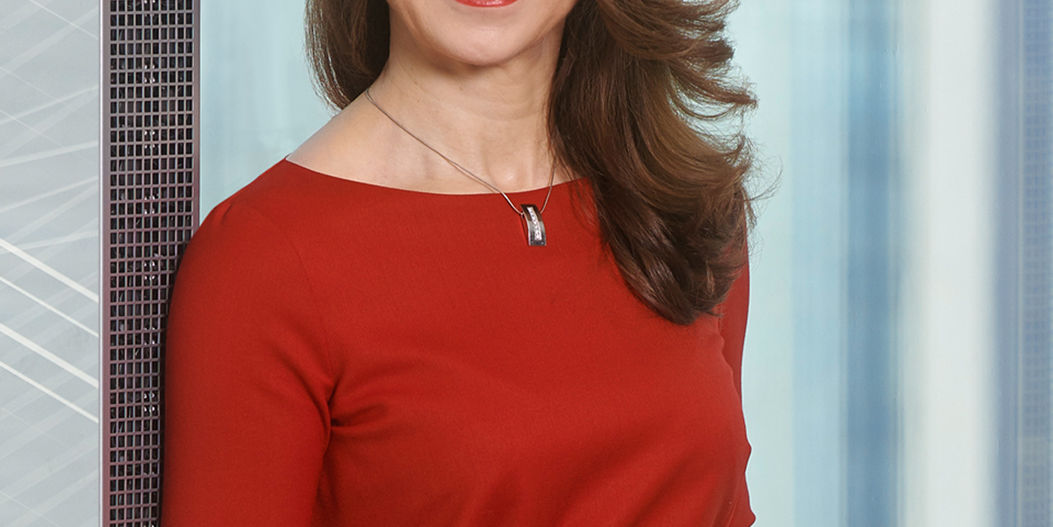Information on the reform of key benchmarks (IBOR reform)
Transition to alternative risk-free overnight rates
Since the mid-1980s, Interbank Offered Rates (IBORs) have served as benchmarks for a variety of financial instruments (e.g. bonds, derivatives, loans and investments) on global financial markets.
These basic reference rates (benchmarks) include the Euro Interbank Offered Rate (EURIBOR) or the London Interbank Offered Rate (LIBOR).
In particular, in order to eliminate conflicts of interest in the benchmark-setting process and to improve the quality of the benchmarks and their method of calculation in the long term, the EU Benchmark Regulation contains provisions for a transition to alternative risk-free overnight rates by the end of 2021 respectively 30 June 2023 (USD LIBOR).
In the attached publication you will find more information on the background to the reform of benchmarks and the transition to alternative risk-free overnight rates. We have detailed the most important alternative risk-free rates and provide answers to many questions about IBOR reform.
Due to ongoing market developments in respect of IBOR reform, the attached document represents the status at the time of its preparation or last update. It is not intended to be exhaustive; rather, it is designed to provide you with preliminary information.
The transition to alternative risk-free overnight rates has implications for financial instruments such as credit products, securities and derivatives. Even though the implications of IBOR reform are still unclear in some respects, we recommend that our clients and other market participants already actively examine whether and to what extent they will be affected by the transition to new benchmarks.
Our aim is to implement the new benchmarks in a timely and smooth manner for our clients. Helaba is deploying extensive resources for this purpose. A bank-wide project team is dealing with the necessary internal and client-related changes and the associated challenges. In consultation with our clients, we will transition existing and new transactions to the new benchmarks and make any necessary contractual adjustments.
In addition, Helaba is actively involved in discussions on the transition to the new benchmarks at national and international level through industry associations (VÖB- Verband Öffentlicher Banken - and DSGV - Deutscher Sparkassen- und Giroverband) and the Sparkassen-Finanzgruppe as well as through close coordination with other market participants and its involvement in interbank IBOR working groups.
Furthermore, we will be incorporating any future changes on the market into the development of new products so that we can continue to meet your needs in the future, too.
If you are affected by the transition to risk-free rates as a Helaba client, we will contact you in due course with specific information and inform you of any action you need to take. If you have any other questions, please do not hesitate to contact us.
Video: VDT Online Event
"SOFR isn't just SOFR - The new US Dollar Reference Rates" (german only)
The Association of German Treasurers organised an online workshop for its members on 13 July 2023 with the topic "SOFR isn't just SOFR - The new US dollar reference interest rates". A team of experts from Helaba (Klaus Distler (Head of Corporate DCM), Nicole Mildenberger-Honel (Corporate Finance, Project IBOR Reform), Steve Uschmann (Treasury, Project IBOR Reform)) discussed together with Moritz Heußler, Senior Manager Corporate Finance, from Brenntag SE the special features as well as the advantages and disadvantages of SOFR Compounded and Term SOFR in promissory note and corporate financing and answered questions from the participants. You can watch the workshop recording here:
Foreword by Dr. Gertrud R. Traud
The London Interbank Offered Rate (LIBOR) has already been consigned to the past, even if rates will continue to be published until at least the end of 2021.
Download
- 09.03.2021Information on the reform of key benchmarks (IBOR Reform)
Information on the reform of key benchmarks (IBOR Reform)
ibor.pdf


